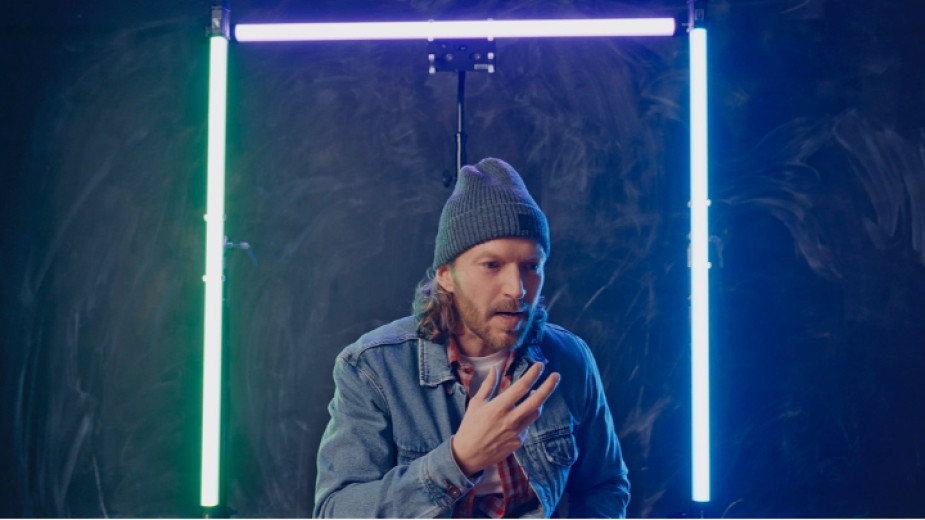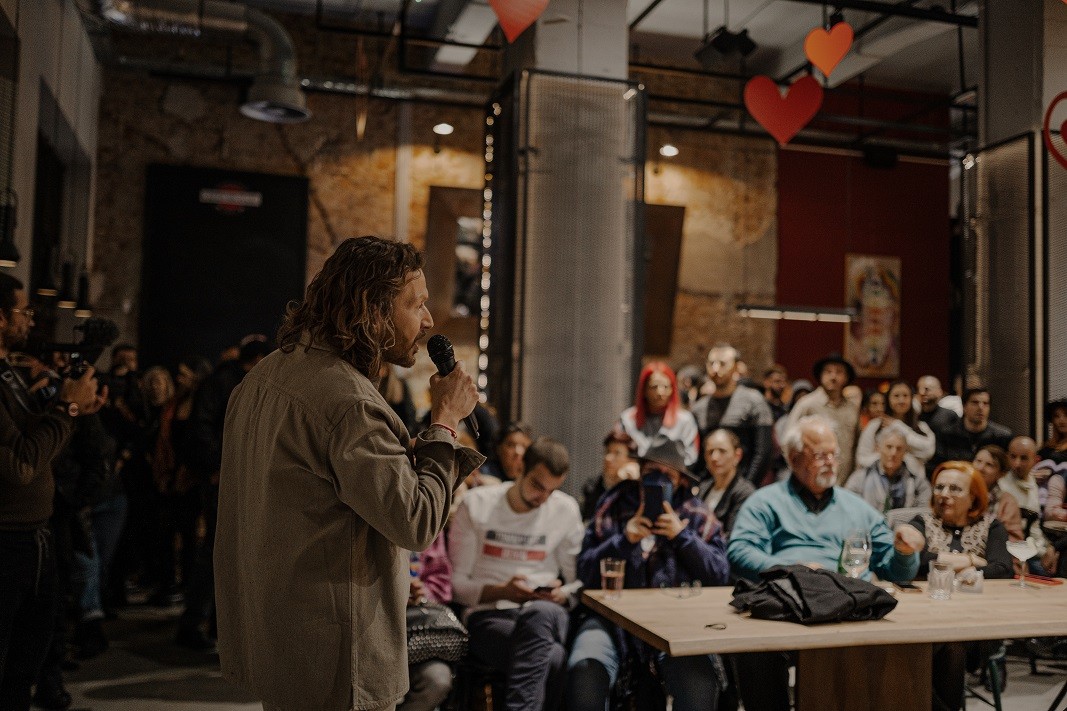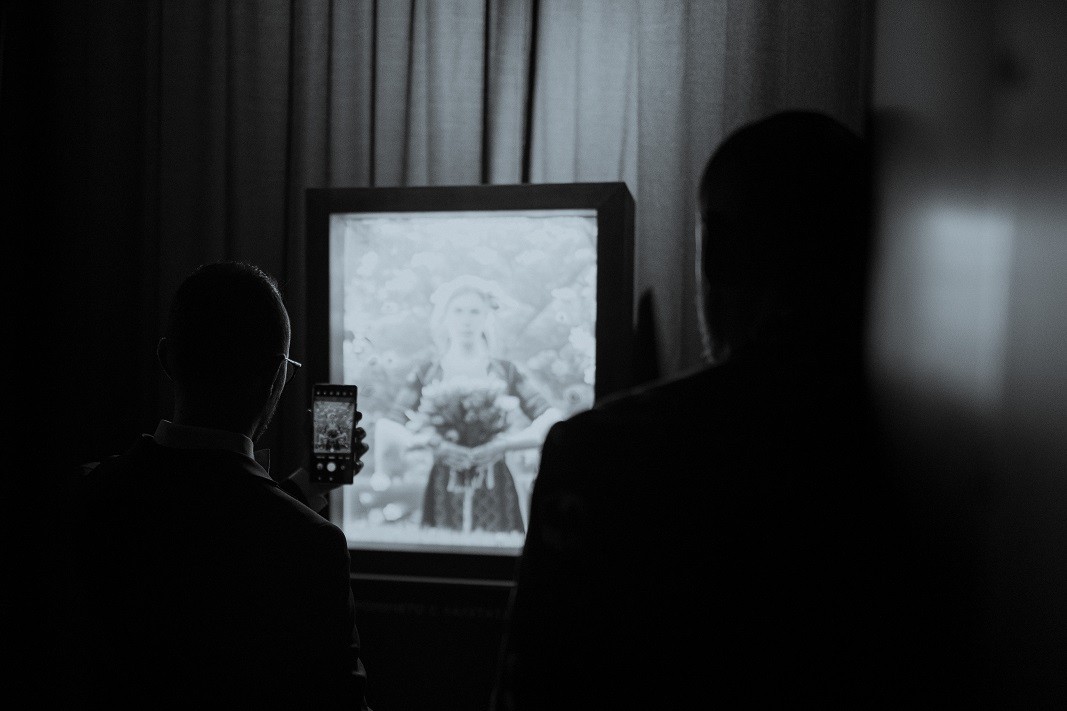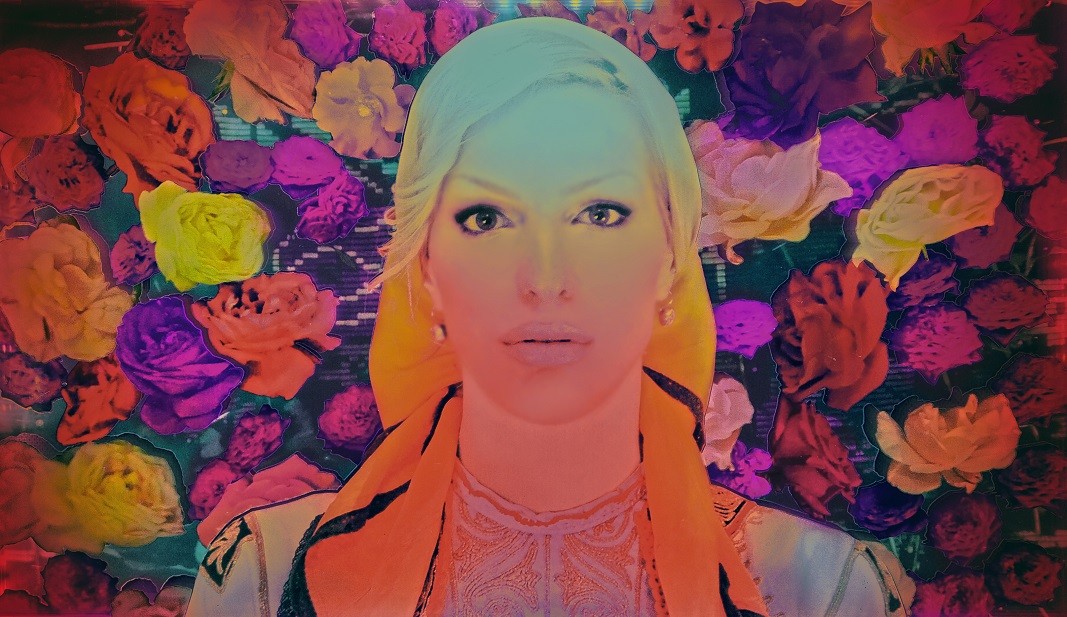 7
7
On November 16, 1996, the UN General Assembly adopted a Declaration of Principles on Tolerance and the date was declared International Day for Tolerance. It is a day to reflect on respect, acceptance and understanding for all the world's wide diversity of cultures, for all forms of human individuality. All those things that contribute to the development of a society, to its cohesion and prosperity.
We are going to tell you about an exhibition that months ago lifted the curtain on tolerance in Bulgarian society and today tells the world about it. It all starts with the paintings of one of the greatest Bulgarian artists - Vladimir Dimitrov-Maistora (The Master) (this year marks the 140th anniversary of his birth - ed.) and ends with their contemporary interpretation by the visual artist Mihail Vuchkov-Misho.
In the spirit of old times, traditional national costumes, the natural beautiful landscapes and the Bulgarian rose, the Master's works were "translated" by Misho into the 21st century, but instead of the pretty lasses of the countryside, we saw the colorful glowing faces of "the other Bulgarian women" - the transsexual women of Bulgaria.The project has caused much controversy and various accusations against its author. Eight months after the premiere we talked to Mihail Vuchkov in the studio of Radio Bulgaria, just before he left for the Netherlands. On 17 November, The Other Bulgarian Women will open the fifth edition of the international What You See festival in Utrecht, at the Kikker theatre in the city centre. This year the focus of the programme is on art in the Balkans and the war in Ukraine, and Misho is the first Bulgarian invited to the event.

On November 18, he will also participate in a special symposium where he will share his impressions of the realization of such an exhibition in a European country like Bulgaria. Misho will tell the audience about how the exhibition was accepted and rejected by some, as well as about the criticism it has drawn for the re-creation of sacred national symbols. The author will also talk about the struggle of some people for the civil rights that are their birthright.
"The transgender people are still waging their struggle all over the world, including in the Netherlands. The high media interest surrounding the "Other Bulgarians" project and the international attention it received was of course generated by the scandal. Not so much by the scandal itself, but by the fact that it was generated when the topics of transsexuality and national values intersected. Which directly shows the Bulgarian society’s rejection of trans people as part of the nation. For outsiders, and specifically for the Dutch, what is most interesting is that we are prepared to remove some people from our society simply because of their differences.”

A reaction that went as far as demanding the resignation of the Minister of Culture and the submission of resignations by the members of the board of the National Culture Fund of Bulgaria, which co-financed the exhibition. Similar reactions happen in other European countries, Vuchkov admits, but to a lesser extent, which he says can be explained by the fact that these are more economically developed societies.
"The reason why we are resorting to tradition and becoming more conservative is the fear of the future, and at the heart of this fear is economic uncertainty. The COVID pandemic has shown us that the world we live in is extremely unstable and can change in a day. The war in Ukraine has reinforced and strengthened this feeling. What we have witnessed is a process well explained in psychology: in times of uncertainty, we do not make great strides towards the new; on the contrary, we return to where we felt safer and more secure. We return to the traditional. The poorer a nation is, the stronger this process is felt.

Any extremity of belief, and any encapsulation of thought, is harmful to the individual and society as a whole. And whether it is about transgender people, refugees, people with disabilities or marginalised groups, the key to a normal co-existence is tolerance. What is needed is understanding, awareness and dialogue. This is where art, whose main function is communication, comes in.
"My goal is for the exhibition and the documentary "Bulgaria in trans" to travel around the world, especially in those territories where there is a need to talk more about this issue," says Mihail. The project is open and it can become 'The Other Polish Women', 'The Other Ukrainian Women', 'The Other North Macedonian Women', 'The Other Hungarian Women'... anywhere in Europe where there is a problem of acceptance towards the different people."
And the moral of this story is this:
"I think that we, Bulgarians, are trying very hard to make progress in every aspect. We think we should be part of Europe, but we want to keep our old mentality, not realising that any success requires compromises and intersections."
English version: Elizabeth Radkova
Photos provided by Mihail VuchkovMinister of Culture Marian Bachev has opened the Bulgarian stand at the 77th Frankfurt Book Fair. The minister expressed gratitude to the organizers of the Bulgarian Book Association, the Bulgarian Cultural Institute in Berlin and..
The Bulgarian Cultural Institute “Dom Wittgenstein” in Vienna presents the first edition of the “Day of Architecture” series. The event is dedicated to the mutual ties between Austria and Bulgaria in architectural modernism, the Institute announced on..
The Museum of Photography Kazanlak is presenting the exhibition '' Selected'' from the 26th edition of the Photo Academy by the National Association ''Academy of Photography Yanka Kyurkchieva'', reports BTA. The exhibition will feature six..

+359 2 9336 661
